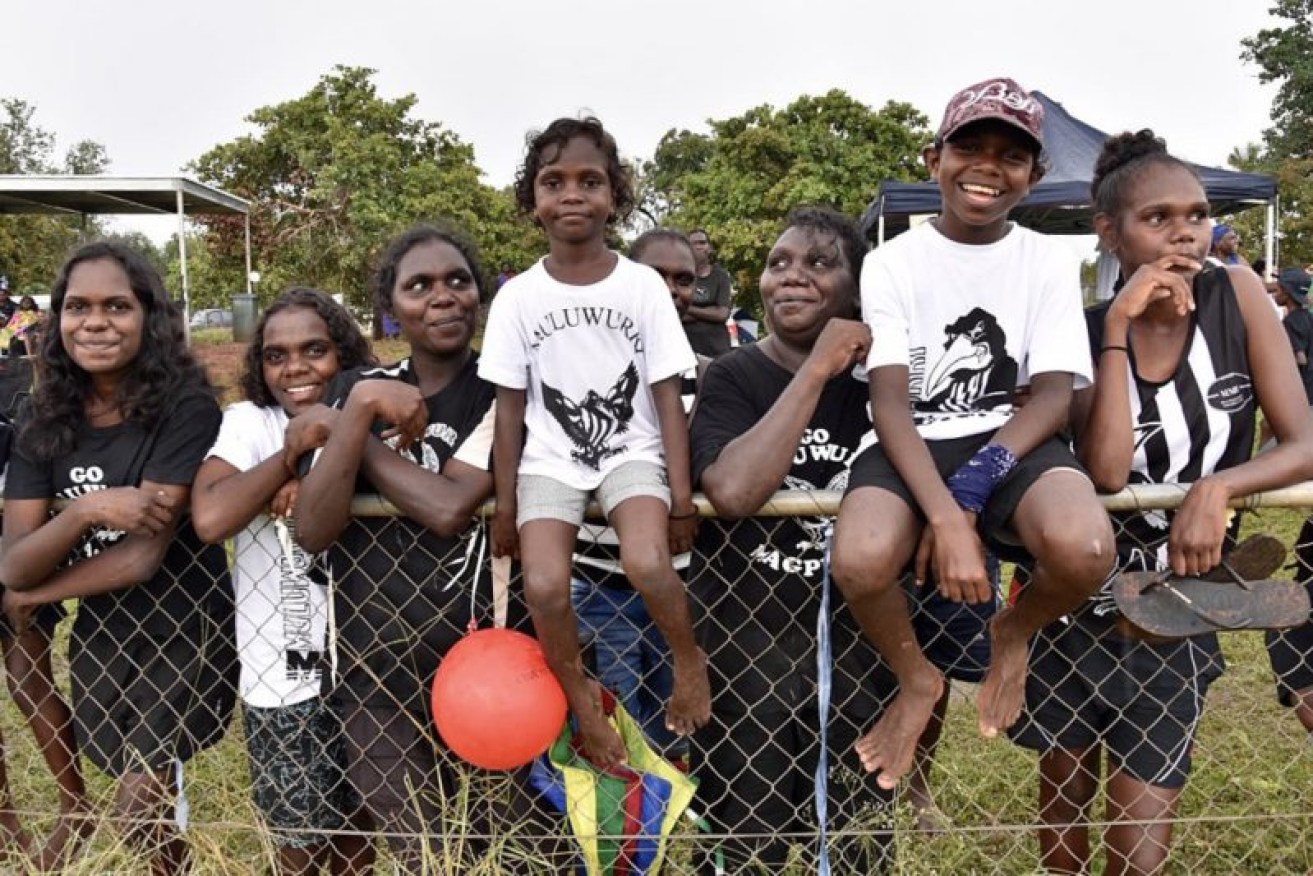Indigenous communities paid as much as 48 per cent on car loans


Unscrupulous traders target aboriginal communities. Photo:AAP
Car sharks have charged indigenous communities as much as 48 per cent on car loans, the financial services royal commission has heard.
ASIC indigenous outreach officer Nathan Boyle said when he visited a community near Cairns around 2012 he discovered residents were signing on to car loan deals that were unaffordable from day one and required large upfront payments.
“Deposits could be as high as $2000 and introduction fees could be between $550 and $900,” Mr Boyle said.
With interest rates on the loans as high as 48 per cent buyers went into default almost immediately “and the cars were sold to others in the community”, Mr Boyle said.
In other remote communities receiving mining royalties, unscrupulous dealers sent truckloads of used cars to communities just before royalties were received.
They often “take advantage of people with high interest rate loans; they are lemons with bad insurance. The cars break down in two weeks”, and repairs are impossible in remote communities, said Lynda Edwards, an officer with the Financial Counselling Australia.
Remote indigenous communities also face exploitation through “bookup” arrangements where store owners allow them to have goods on accounts which are paid when they receive wage or welfare payments.
“Some [stores] require people to leave their bank card and pin with the store and take nearly all of the income,” Mr Boyle said. Such arrangements are hard to regulate because they often fall outside definitions of credit by not charging fees.
Unscrupulous operators keep records in ways that make it impossible to see if they have charged fees and people are open to exploitation because they can’t remember what they have bought by the time the bill is paid, he said.
“Bookup can keep people in a cycle of financial hardship,” Mrs Edwards said. However Mr Boyle said when ethically managed, bookup provides an important income management tool for communities.
Bank fees were also often problematic for indigenous communities with remote services usually provided by private operators who charge fees that are generally not understood by residents.
Typically people might go to an ATM two or three times on a day they think income is due to check when its paid, Mr Boyle said.
Following payment they might withdraw $20 to manage their income and “then check the balance again,” Mr Boyle said.
“That means they are charged fees for using the ATM five times,” and with fees as high as $2 per service significant amounts of income can be swallowed.
A fee-free program of 82 ATMs has been run out to 70 remote communities but to qualify they can’t be in locations providing alcohol or gambling and that means some communities don’t have an eligible ATM, Mrs Edwards said.
Cultural factors such as requirements to be respectful of strangers can leave indigenous communities vulnerable to unscrupulous salespeople.
Mr Boyle said when ASIC listened to recordings of life insurance telephone sales by Clearview group, it discovered people were saying “yes” out of politeness through conversations with sellers.
When asked for bank details people would say “we don’t want to provide those”, Mr Boyle said. However the sellers would say “you don’t have to pay now” and explain that there would be monthly payments.
The result was people were signed up to long-term contracts they didn’t want.








